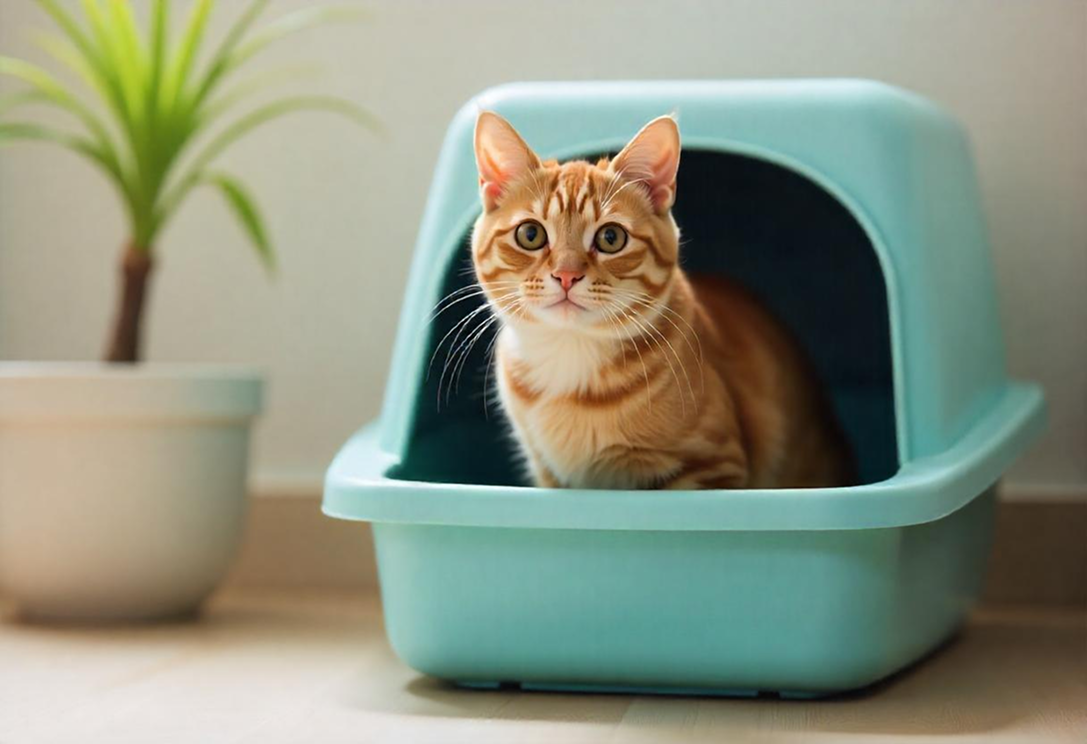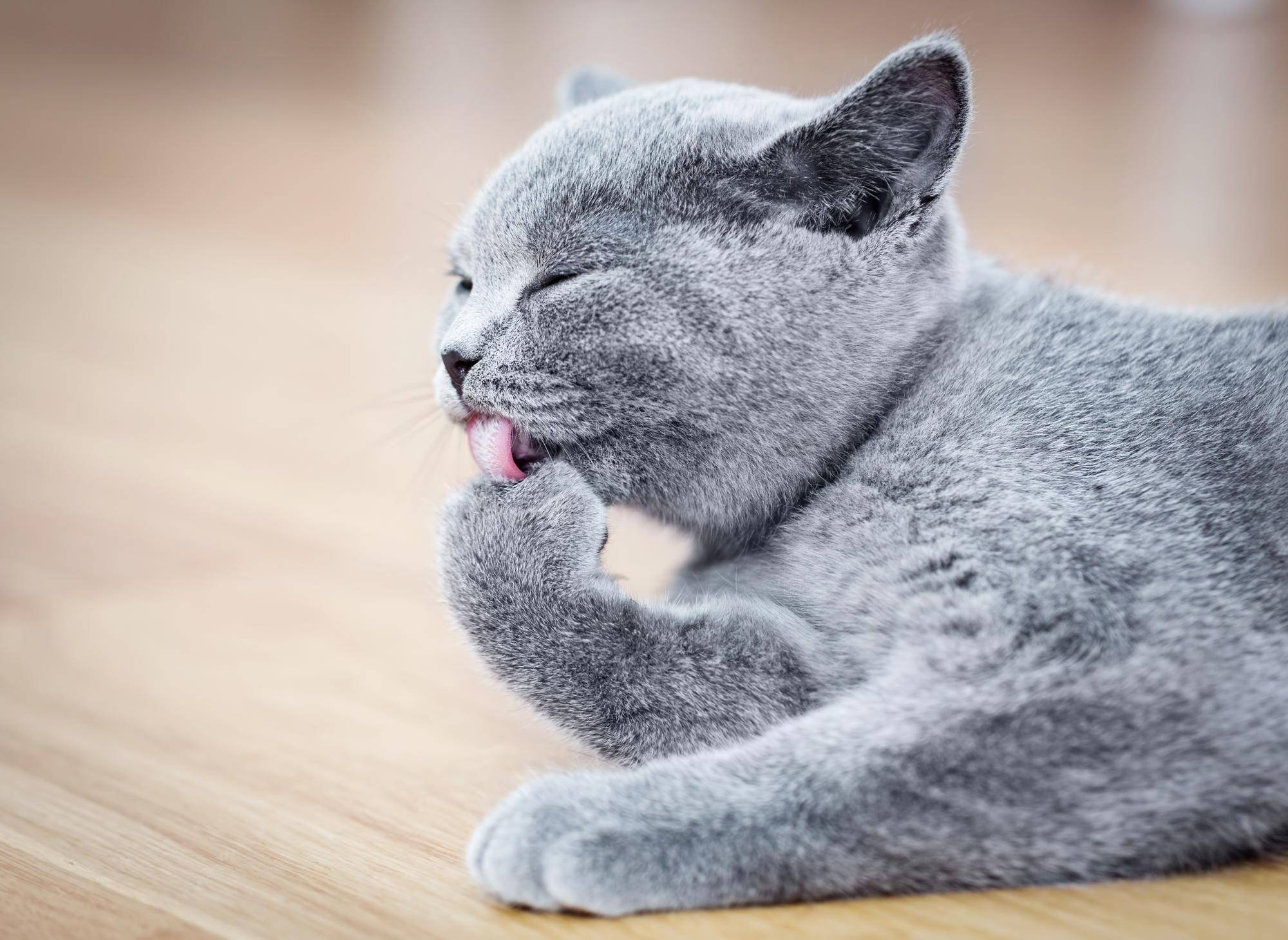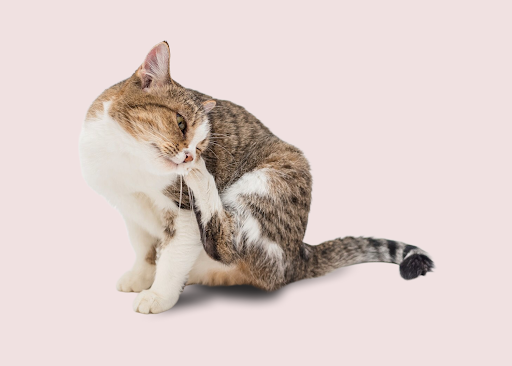
How to Treat UTI in Cats
If you’ve ever had a cat experience a urinary tract infection (UTI), you know how painful it can be for them and how sad that meow is when they tell us they are not feeling their best. Cats that are older, overweight, or diabetic are more at risk of developing UTIs, as are males more likely than femails.
UTI treatment in cats, if caught early, is easy, but if left untreated can lead to more serious health problems and can leave people wondering is a UTI an emergency for cats? In this article we discuss how to treat a UTI in a cat at home by understanding what UTIs are, how to tell if a cat has a UTI, and how natural supplements, including CBD, can help prevent and treat UTIs.
Understanding UTIs in Cats
It is natural for cat parents to immediately want to fix the problem and skip to how to treat a UTI in cats because we, as nurturers, want to comfort and sooth our furry feline friends. But before skipping directly to treatment, it is important to understand what UTIs are and what causes them.
UTIs in cats are usually caused by bacteria entering the urethra, but they can also be linked to other underlying conditions. Common causes of UTIs in cats include:
- Bacterial Infections – This is the most common cause, and is often due to poor litter box hygiene or dehydration.
- Bladder Stones – These are mineral deposits in the bladder which can irritate and cause infection.
- Feline Lower Urinary Tract Disease (FLUTD) – A broad term for urinary issues that may mimic a UTI.
- Diabetes or Kidney Disease – Cats with these conditions are more prone to urinary infections.
- Stress & Anxiety – External stressors can lead to urinary inflammation or inappropriate urination.
- Dehydration & Poor Diet – Dry food diets and low water intake increase the risk of UTIs and urinary problems.
Symptoms of UTI in Cats
A UTI doesn’t just cause your cat physical discomfort—it can also lead to changes in behavior and impact their overall well-being.
When your cat has a UTI, they may act differently due to pain, discomfort, or frustration. Several behavioral changes can help with how to tell if a cat has a UTI.
- Litter Box Avoidance - You may find that your cat is avoiding the litter box and may start urinating outside the litter box because they associate it with pain.
- Increased Vocalization - They may also start to vocalize their pain by increasing meowing, crying, or howling while urinating which signals pain.
- Frequent Trips to the Litter Box – Your cat may strain or squat repeatedly, trying to urinate. If you see them making more trips to the litter box than usual, this may be a sign of a UTI.
- Straining to Urinate – Signs of discomfort, prolonged squatting, or difficulty passing urine.
- Aggression or Irritability – Pain can make cats grumpy or more reactive than usual.
- Blood in Urine – Urine may appear pink, red, or darker than usual.
- Strong-Smelling or Cloudy Urine – A foul odor can indicate an infection.
- Lethargy & Hiding – Cats feeling unwell may withdraw and sleep more than usual.
- Excessive Grooming – Licking the genital area excessively is a sign of irritation.
How CBD Can Help Treat UTIs in Cats
While CBD (cannabidiol) is not a cure for UTIs, it may provide supportive relief by helping manage pain, inflammation, and stress, which can contribute to urinary issues in cats.
Products such as the Kradle CBD Cat Urinary Wellness Lick contains CBD and is designed to be a natural, effective supplement formulated to support your cat’s urinary health and immune system.

Some ways that CBD provides support to your furry feline friend when they have a UTI include:
- Pain Relief – CBD interacts with the endocannabinoid system (ECS), which helps regulate pain. It may ease discomfort from bladder inflammation and irritation.
- Reduces Inflammation – CBD has anti-inflammatory properties that may help calm bladder irritation and promote healing.
- Stress & Anxiety Reduction – Stress can trigger or worsen urinary issues, especially in cats prone to Feline Lower Urinary Tract Disease (FLUTD). CBD may help keep your cat calm and prevent stress-related urinary problems.
- Supports Overall Wellness – CBD may help regulate appetite, improve hydration (by reducing nausea), and promote general well-being during recovery.
Conclusion
Knowing how to treat UTI in cats can get your feline friend back to purring and feeling their best.
If you find your cat’s behavior changing, look for some common signs that it may be more than just a bad day and could be a urinary issue. And if your cat is prone to frequent UTIs, products such as the Kradle CBD Cat Urinary Wellness Lick can be incorporated into their daily wellness routine to support their urinary health.
FAQs
What are the signs of a UTI in cats?
- Common signs your cat has a UTI are avoiding the litterbox, increased vocalization or straining to urinate, frequent trips to the litter box, blood in their urine, cloudy or strong-smelling urine, excessive grooming of the genital area as well as other behavior changes such as irritation, aggression or lethargy.
Can CBD help treat UTIs in cats?
- Yes. While CBD is not a cure for UTIs, it can help treat UTIs in cats by offering overall urinary support and help cats with pain, inflammation and stress.
How does CBD work for urinary tract health in cats?
- CBD interacts with your cat’s endocannabinoid system (ECS), which helps regulate various bodily functions, including pain, inflammation, stress, and immune response. While CBD does not directly treat UTIs, it may provide supportive benefits that promote urinary tract health and comfort.
How to treat a UTI in a cat at home?
- There are several things you can do at home including increasing your cat’s water intake, feeding them a UTI-friendly diet including urinary tract formula food or cranberry supplements, keeping the litter box clean, and utilizing natural supplements such as Kradle’s CBD Cat Urinary Wellness Lick.
Is a UTI an emergency for cats?
- A UTI in cats is not always an immediate emergency, but it can become life-threatening if left untreated. In some cases, what appears to be a UTI could actually be a urinary blockage, which is an emergency and requires immediate veterinary attention—especially in male cats.







